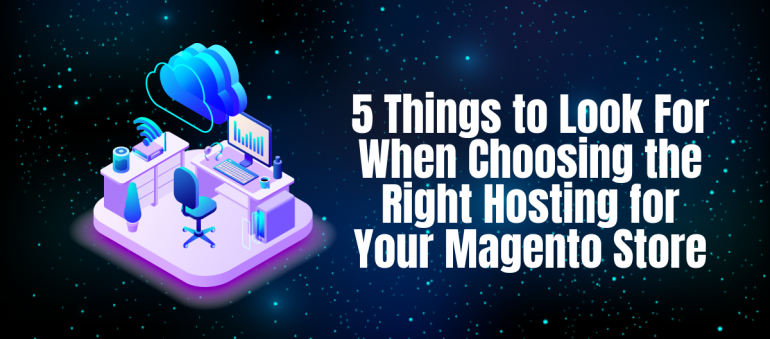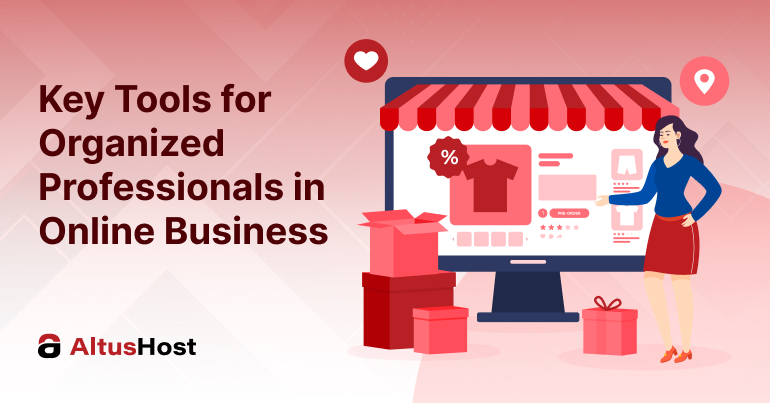Getting the right hosting is not as easy as you might think.
Magento is a demanding platform that needs an extremely robust infrastructure to function well. This is especially true for the most recent iterations, Magento 2.0.x and above.
Whether you are not happy with your current hosting provider or need a home for a brand new project, we’ll help you make the right decision.
And the first step to choosing the best web hoster is to ask the right questions.
#1 Get the Right Hosting Solution
Choosing the right Magento hosting provider starts with assessing your needs and understanding what exactly you are looking for.
There are 3 broad categories here that will determine how you will move forward from now on:
Shared hosting. Shared hosting is a popular choice for Magento store owners who are looking for a way to cut operational costs and do things on a budget. It is not necessarily a bad choice – especially early on.
Shared hosting is a decent option for startup Magento entrepreneurs who are only entering the market. They don’t know yet how many visitors will get or what their peak load will look like. And since they are so new, a shared hosting solution will work for them fine for the first few years.
Our only advice here is to not go for the cheapest option. Choose the next best option. More often than not it will give you enough horsepower to deal with the daily load and at the same time leave you around 20% of spare computing power to get some breathing room and manage occasional user spikes.
Dedicated server. This is the best choice when you know exactly what you are doing, how much visitors you will serve at once when your site has peaks and downtime. Basically, this is a smart solution when you know all the ins and outs of your store and are looking for new hardware to move to. Dedicated servers are rarely the first solution for an aspiring Magento merchant.
They are more common for merchants upgrading from shared hosting or moving from a cloud hosting platform in search for better customization and control over your hosting environment.
Cloud hosting. Cloud hosting is a great option for web stores that have uneven load periods. For example, if the load periods are heavily influenced by seasonality or certain events (Christmas gifts, music festivals, meetups, other one-time events).
Cloud hosting automatically upscales and downgrades the web store to meet this demand and then shrink back to normal. This will be extremely hard to achieve on any other platform since building up the infrastructure is both an expensive and time-consuming process.
#2 Ensure You’d Have a Strong Support Team
Magento is not easy to configure in the right way for smooth sailing. Choosing a hosting server that is specifically optimized for Magento hosting will spare you a lot of unnecessary headaches.
In addition to the right configuration, you’ll need a strong support team that knows their way around Magento. Whether you are using a shared hosting or a dedicated server, you’ll probably need to get the help of the support team to move forward, even if rarely.
When your hoster’s support team doesn’t have a clue how a website running Magento is different from other content management systems – you are in trouble. This situation invites all sorts of issues. From the inability to install specific server-side solutions to problems with server tweaking.
Not all hosting providers are created equal. This one is claiming 2 seconds TTFB (time to the first byte). Is this good? Not really. An optimal speed would be 200 ms – which is 10 times lower! Always consult independent sources when you are doing your research. Google claims that TTFB must be 200 ms, not 2,000!
#3 Look for a Solid CDN and Caching Support
Once you understand what kind of hosting you need, it’s time to move on to additional features. We recommend you to set up CDN service right from the start. It’s not a huge expense overall. But the benefit of high website speeds for all your customers, no matter where they live, will be huge.
That’s one of the reasons we focused on Tip #2. If you choose a dedicated Magento hosting provider, you’ll have your website set up faster and get essential tools that most Magento stores need anyway.
CDN or Content Delivery Network is a service that works as an additional layer between your web server and the user. CDN uploads your static content (images, HTML pages, and documents) to a network of servers all over the world. This means that when a user from Asia enters your website, they will download all these files from the CDN server nearest to them, shaving valuable time off their wait.
Shopping online at a Magento store without a decent caching solution is painfully slow – so much so that Magento dev team strongly recommends you to use Redis and Vagrant for all stores in production.
Make sure your hoster fully supports all these options and if needed can offer you help in installing them.
#4 Find Out How Your Future Hoster Handles Backups
Backups are important for unexpected hardware meltdowns, hacker attacks, human error, and just for peace of mind. A good backup system serves as a guarantee to an uninterrupted business operation and good company image.
There’s no such thing as too few backups. And your new hoster should know that.
Find out:
– how often your hoster backs up your data
– whether they have an emergency plan if anything goes wrong
– how many backups are there
– when old backups get deleted
– how long will it take to restore your website from a backup
Ideally, there should be at least daily database backups which will allow you to restore your DB without losing too much data. As for media and Magento files, look into options that offer at least weekly backup schedule.
#5 Read Customer Reviews to See What Issues Your Potential Hoster Has
This should be the last stop on your journey to find a good hosting provider for your Magento store. Read what other people have to say about the service. Write down all the concerns they mention that are most important for you.
When you have the list ready, email your future provider and ask them whether the situation has improved, what was done to mitigate so-and-so, if they have new infrastructure and solutions in place to deal with all these challenges.
Even though a good support team can help you deal with most issues, you’ll still need at least a few dedicated Magento developers to tackle challenges that are out of scope of basic hoster-side maintenance.
Pro Tip: you can judge by the time they take to answer your email how much this hoster values customers and willing to tackle their concerns in an efficient manner.
About the author: Vasili Nikolaev likes his coffee black and your Magento stores fast. He works with



